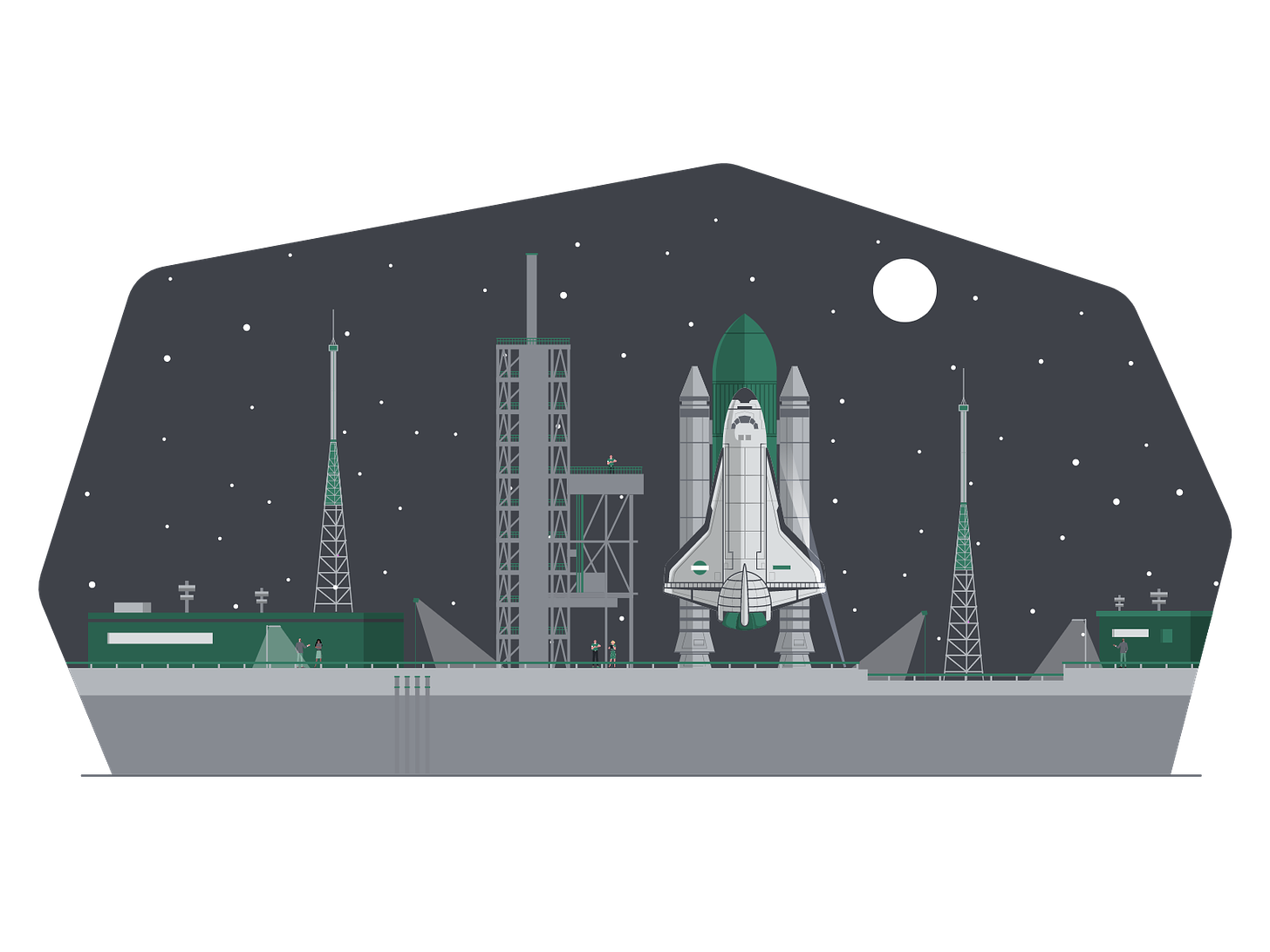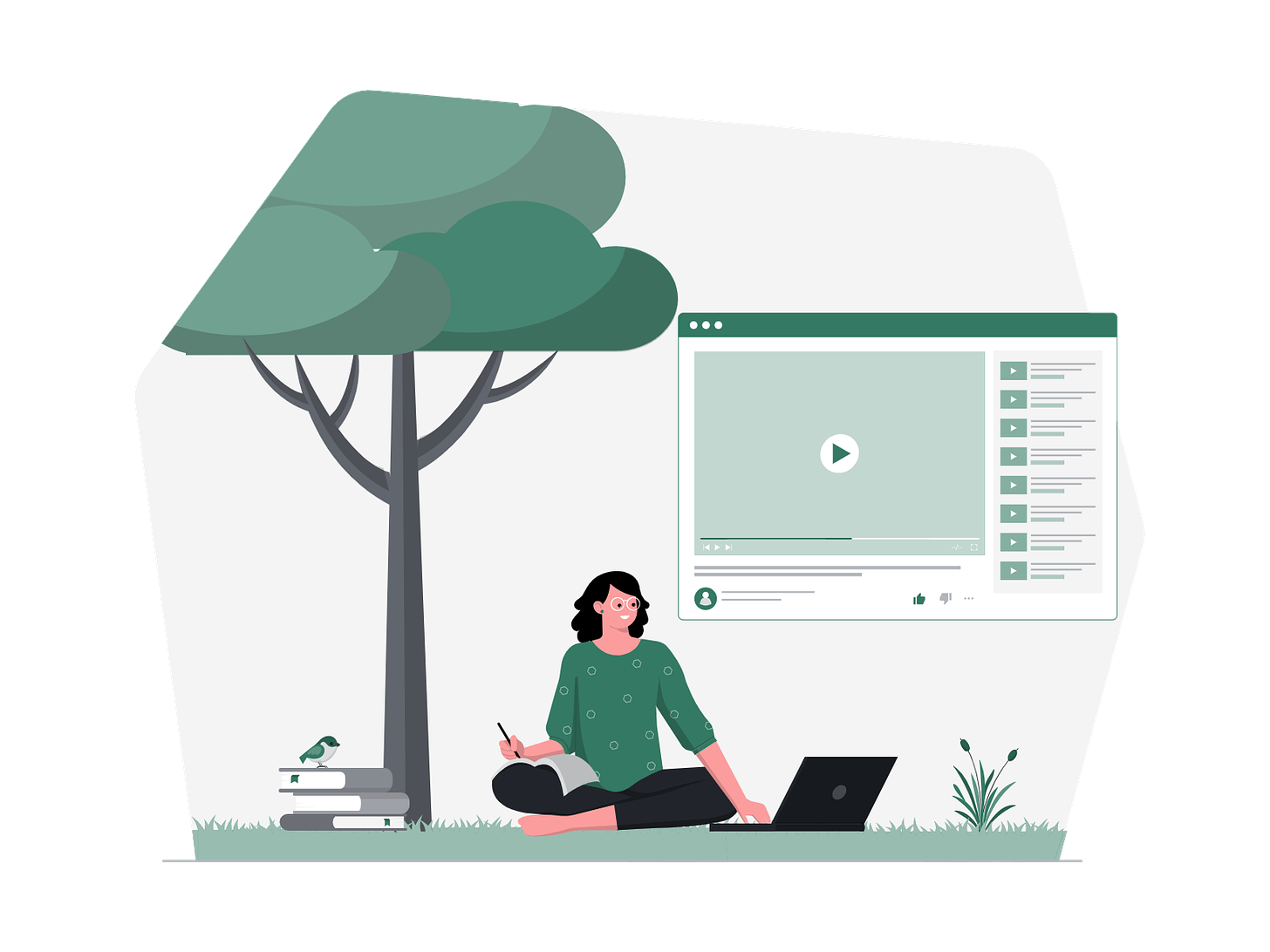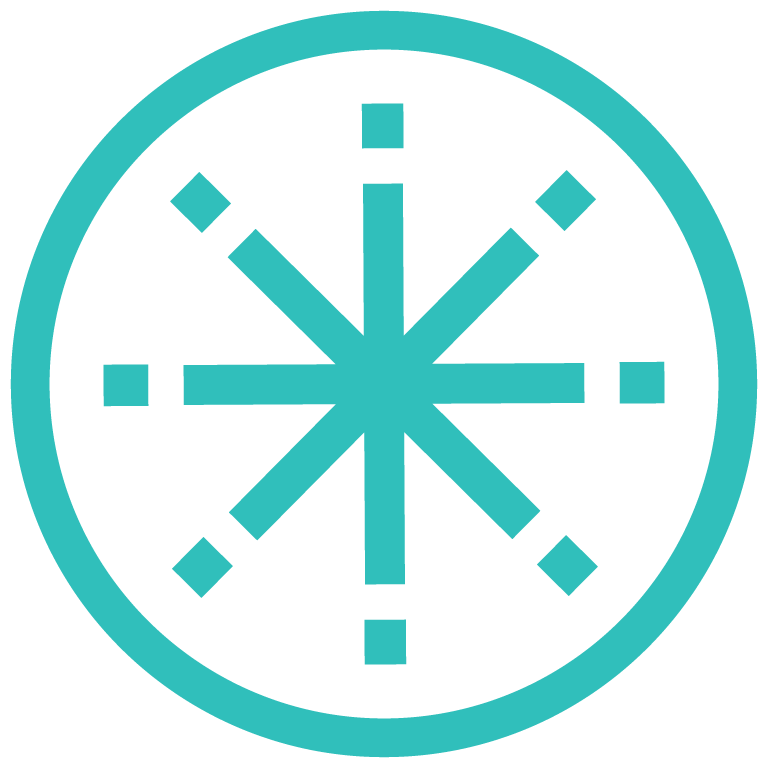Does Science Still Have a Seat at the Table?
Welcome to Insights & Opportunities: A Hub for Informal STEM Education! Insights & Opportunities is a twice-monthly newsletter for educators, administrators, legislators, and advocates who recognize the importance of informal STEM learning.
This newsletter is brought to you by me, Sarah Dunifon, and my team at Improved Insights. I’m a long-time STEM educator, researcher, and equity advocate. Along with my team, I now work on cutting-edge informal STEM learning research and evaluation.
Each edition of this newsletter offers exciting insights, resources, and opportunities for informal STEM learning professionals, including funding, jobs, professional development, informal STEM learning research, evaluation tips and resources, and so much more! We hope you find it valuable. Now, let’s get started.
Does Science Still Have a Seat at the Table?
For this feature, we are passing the mic to a special guest contributor. Holly Miller, PhD, is the Advisor for Afterschool and Summer Learning in the Institute of Education Sciences at the U.S. Department of Education. She frequently presents at state and national conferences on the topics of out-of-school time learning, integrated STEM, Engineering Design for grades K-8, and STEM Curriculum and Instruction for High Ability Students.
Dr. Miller recently penned the following article about the concerning trends in K-12 STEM learning post-COVID. Highlighting the disruption the pandemic created in math and science learning, Dr. Miller discusses how, despite educators’ adaptability, innovation, and best efforts, the academic gaps in STEM that began long before the COVID-19 pandemic continue to grow. She explores out-of-school time (OST) STEM programming as a crucial remedy to the challenges currently faced in formal education settings and how creative and interdisciplinary approaches are essential to maintaining students’ engagement with STEM subjects.
Does Science Still Have a Seat at the Table?
To keep science’s seat at the table in conversations about learning recovery and acceleration, it may be time to link high-dosage tutoring in science with another practice that has shown promise for improving students’ academic outcomes: afterschool and out-of-school time (OST) programs. With only so many hours in the school day, OST programs may be the perfect venue to support students’ science learning.
As a reminder (and in full disclosure), my role at IES is to advance efforts to use and build evidence in OST programs—so perhaps it’s no surprise that I see a role for these programs in delivering high-dosage tutoring to students who most need it. But tutoring notwithstanding, the research on OST programs is promising in and of itself. The Education Trust’s research shows that extending the time students spend on instruction can benefit students of all ages, backgrounds, and subjects. This creates a special chance to build collaborations between schools and other organizations that offer afterschool and summer programs. These partnerships can help schools and communities work together to help students catch up and learn faster.
Research is telling me one of our best bets right now is OST STEM programs. These OST STEM programs are structured educational activities that take place outside of the regular school hours, such as in the evenings, weekends, or summers. They can complement formal classroom education by providing additional opportunities for students to practice their STEM skills, explore their interests, and discover new possibilities for their futures. Well-designed, well-executed, evidence-based afterschool and summer programs have the potential to help students post-pandemic by providing them with social-emotional support, additional learning time and support, and favorable conditions for learning and re-engagement.
To read the full article, check it out in our Insights.
60-Second Suggestions
Here are a few of my favorite things this month, usually pertaining to informal STEM education and evaluation, but occasionally some fun personal stuff, too.
Check out this blog post by Paige Brown Jarreau about her experience learning American Sign Language (ASL) and how it applies to science communication. Paige goes beyond the obvious accessibility conversation and discusses the unique advantages ASL creates over spoken language when communicating scientific concepts, particularly relating to how images promote understanding of complex scientific topics.
Built In has developed a list of scholarships specifically for women in STEM. The collection of opportunities ranges from scholarships for high school graduates pursuing STEM degrees to Masters and PhD candidates. Consider passing them along to your former program participant or intern that is now pursuing STEM
NASA’s monthly e-newsletter, Earthrise, provides a collection of Earth and climate science resources for K-12 educators. These resources are geared toward students of all grade levels and include lesson plans, activities, educational videos, and workshops, among others. These could be useful resources for informal and out-of-school educators focused on earth and climate science.
Opportunities
Check out these new opportunities for the informal STEM learning community.
Funding:
Early Childhood Education and Play Grants, Caplan Foundation for Early Childhood, average of $50,000. Grants will be awarded to nonprofit organizations in support of programs aimed at improving the quality of early childhood education everywhere a child learns through innovative curricula and designing imaginative play materials and learning environments. Letters of inquiry are due May 31, 2024.
Improving Youth Mental Health, The Cigna Group, $100,000-$150,000. Nonprofits addressing post-pandemic stress and distress in youth programming are invited to apply for funding. Evidence-informed programs that support youth experiencing need and that address social-emotional skills and well-being will be prioritized. Applications for funding are due May 22, 2024.
New Champions Fund, Educating All Learners Alliance, $35,000. Leaders of color and allies of the equity in education movement are invited to apply for a sub-grant. The funding will support and elevate the work and profile of not-yet recognized leaders who may struggle to be recognized in traditional national fundraising efforts. Leaders include heads of community-based organizations, schools, non-profits, and those working to support students with disabilities. Applications are due May 31, 2024.
STEM Funding Center, Tulsa Regional STEM Alliance, up to $5,000. Grants will be awarded to Oklahoma educators, administrators, and organizations in support of high-quality STEM education, both in formal and informal settings. Funding may support resources to create an afterschool program, materials for STEM programming, STEM-related professional development, and other related opportunities. The current round of funding closes May 31, 2024.
Student STEM Enrichment Program, Burroughs Wellcome Fund, up to $60,000. Grants will be awarded in support of career-oriented and practical programs that provide creative science enrichment activities for students in K-12 education. Eligible applicants include colleges and universities, community groups, museums and zoos, public and private schools, and scientific organizations. Applications are due June 11, 2024.
Jobs and Fellowships:
Bilingual (Spanish) Learning Specialist, Shedd Aquarium (Chicago, IL), $50,000. The Bilingual (Spanish) Learning Specialist will develop and deliver learning experiences for a variety of audiences, incorporating evaluation data in order to improve programs. Programs include but are not limited to camps, school experiences, professional development, and out-of-school time programming.
Director of Public Engagement and Science Learning, Bell Museum (St. Paul, MN), $79,000. The Director of Public Engagement and Science Learning will provide leadership for exhibitions, planetarium, K-12 science education and public programs, and lead efforts to evaluate the museum's work. They will also manage three program managers, and provide leadership and direction for the Public Engagement and Science Learning teams. Applications are due May 19, 2024.
Education Specialist, Foundations (Mount Laurel, NJ), $65,000. The Education Specialist will develop and run afterschool programming in areas including, but not limited to math, science, reading, writing, social studies, etc. The Specialist will determine course objectives, and initiate content changes to improve and achieve program objectives.
Executive Director, Hartley Nature Center (Duluth, MN), $68,000. The Executive Director will be responsible for day-to-day operations of the Nature Center, including staff leadership and development, financial and operational management, community engagement and fundraising, and strategic planning. Interested applicants should apply by May 12, 2024.
Manager of Evaluation and Data Collection, American Museum of Natural History (New York, NY), $60,000. The Manager of Evaluation and Data Collection will collect and analyze data used to evaluate programs and exhibitions at the museum, focusing primarily on internal evaluation of the Urban Advantage Program. They will also design surveys and other evaluation methods, prepare evaluation reports, and prepare data visualizations.
Professional Development:
Call for Proposals, 2024 Association of Nature Center Administrators (ANCA) Summit, September 9-13, 2024 (Memphis, TN). The 2024 ANCA Annual Summit is now accepting program proposals. Program types include workshops and facilitated discussions, with possible topics ranging from community outreach to starting a nature center. Proposals are due May 27, 2024.
Call for Proposals, Mid-Atlantic Association of Museums (MAAM) Annual Meeting, October 8-10, 2024 (Philadelphia, PA). MAAM is seeking session proposals for their 2024 conference. The conference theme is Optimism, Outrage, & Outcomes, and will provide an opportunity for museums to "come together and share how they work together to build creative, optimistic solutions and outcomes to address challenges." Session proposals should be submitted by May 31, 2024.
Digital Thriving Fellowship Program, Harvard Graduate School of Education Center for Digital Thriving (Virtual). Researchers, educators, podcasters, artists, and other practitioners passionate about youth empowerment in the digital world are invited to apply for the Digital Thriving Fellowship Program. Fellows will join a supportive community of collaborators from a variety of backgrounds to explore digital agency through youth-centered, equity-focused work. Applications to the program are due May 30, 2024.
Micro-Credentials & Digital Badging, Afterschool Coaching for Reflective Educators in STEM (ACRES) (Virtual). Join ACRES for an informational session on STEM micro-credentials, including info on digital badging for afterschool and out-of-school professionals offered through the National Afterschool Association. The session is free and interactive. The webinar will take place May 8, 2024 at 6:00 PM EST.
Project Brainy, The Institute for the Study of Resilience in Youth (ISRY). The Institute for the Study of Resilience in Youth (ISRY) is seeking out-of-school time leaders to implement Project Brainy, a curriculum for middle school youth (grades 6 through 8) that focuses on social-emotional development, science learning, and literacy skills while supporting youth mental health. Those who are interested in implementing the curriculum should apply by May 17, 2024. Selected facilitators will receive a $1500 stipend upon project completion.
Thanks for tuning in to this edition of Insights and Opportunities. While you’re waiting for the next edition, tell your friends! We appreciate you sending along a blog post you enjoyed, a job opportunity you think a friend should apply for, and resources you found valuable. Sharing this newsletter is the best way to support this work. Until next time - thanks!








